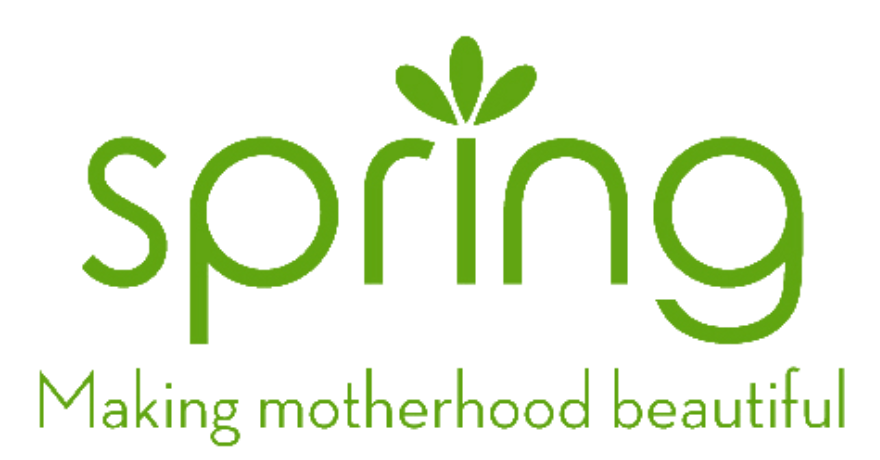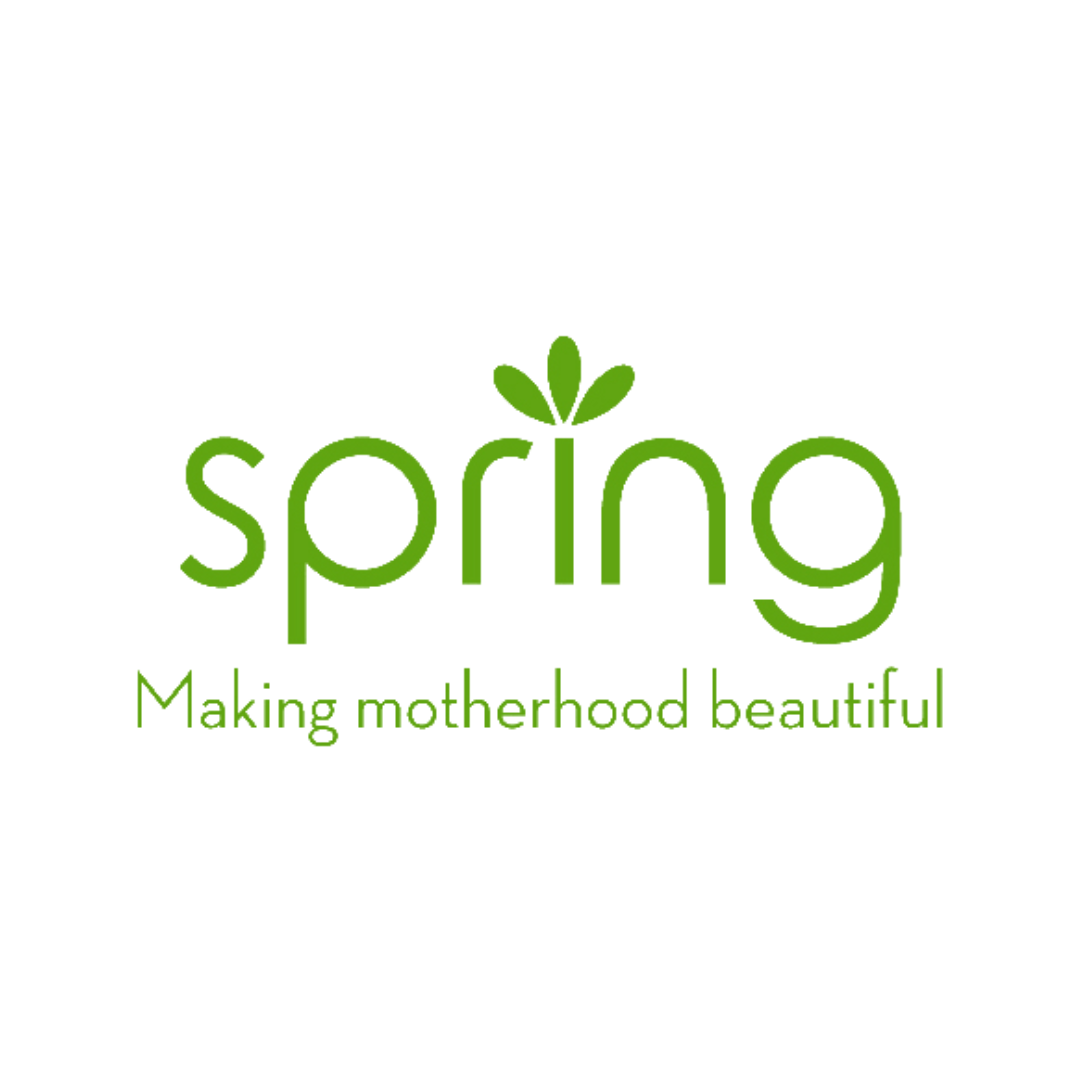Being Pregnant during Pandemic – Here’s What You Need to Know and Prepare
According to World Health Organization (WHO) - Coronavirus disease (COVID-19) is an infectious disease caused by the SARS-CoV-2 virus. Most people infected with the virus will experience mild to moderate respiratory illness and recover without requiring special treatment.
However, some people will become seriously ill and require medical attention. Older people and those with underlying medical conditions like cardiovascular disease, diabetes, chronic respiratory disease, or cancer are more likely to develop serious illness. Anyone can get sick with COVID-19 and become seriously ill or die at any age.
What are the symptoms?The symptoms can include fever, cough, shortness of breath, and gastrointestinal symptoms like diarrhea. Other symptoms may also include headache, body aches or fatigue. Symptoms usually develop within 1 to 10 days after being exposed to the virus. Some people might not have symptoms for weeks or months after they have been infected. If you have a pre-existing health condition that makes you more susceptible to complications from respiratory diseases, then you are more likely to get sick with this disease than a person who doesn't have any pre-existing illnesses.
Being pregnant during pandemicAccording to WHO about COVID-19 during pregnancy:
"It is been demonstrated that pregnant women are not more vulnerable to infection from COVID-19 than other people who have not been infected before. There has been only one case report suggesting vertical transmission (from mother to child) but there is no solid scientific evidence. So far we do not think it poses any additional risk to pregnant women."
However, there must be still some concerns definitely pop into your head when you think about how you should go through this pregnancy in the midst of a pandemic; we will try to address this one by one;
How can I protect myself against COVID-19?Pregnant women should take the same precautions to avoid COVID-19 infection as other people. Measures to protect yourself - and those around you - include:
Getting vaccinated, if you wish to do so, after consultation with your healthcare provider
- Keeping space between yourself and other people, and avoiding crowded spaces
- Keeping rooms well ventilated
- Wearing a mask where it is not possible to keep sufficient physical distance from others
- Washing your hands frequently with an alcohol-based hand rub or soap and water.
- Practicing respiratory hygiene. This includes covering your mouth and nose with your bent elbow or tissue when you cough or sneeze, and then dispose of the used tissue immediately.
If you have fever, cough or difficulty breathing, seek medical care early. Call before going to a health facility, and follow the directions of your local health authority.
Pregnant women and women who have recently delivered should attend their routine care appointments, according to local policies and following adapted measures to reduce possible transmission of the virus.
Are pregnant women at higher risk from COVID-19?Pregnant women do not seem to be at higher risk of getting SARS-CoV-2, the virus that causes COVID-19. However, studies have shown an increased risk of developing severe COVID-19 if they are infected, compared with non-pregnant women of a similar age. COVID-19 during pregnancy has also been associated with an increased likelihood of preterm birth.
Pregnant women who are older, overweight, or have pre-existing medical conditions such as hypertension (high blood pressure) and diabetes are at particular risk of serious outcomes of COVID-19.
It is important that pregnant women - and those around them - take precautions to protect themselves against COVID-19. If they become unwell (including with fever, cough or difficulty breathing), they should seek urgent medical advice from a health worker.
Should pregnant women be tested for COVID-19?Testing protocols and eligibility during pregnancy vary depending on where you live.
However, WHO recommendations are that pregnant women with symptoms of COVID-19 should be prioritized for testing. If they have COVID-19, they may need specialized care.
Can COVID-19 be passed from a woman to her unborn or newborn baby?WHO still does not know if a pregnant woman with COVID-19 can pass the virus to her fetus or baby during pregnancy or delivery. To date (Aug 2021), the active virus has not been found in samples of fluid around the baby in the womb or breastmilk.
What care should be available during pregnancy and childbirth?All pregnant women and their newborns, including those with confirmed or suspected COVID-19 infections, have the right to high quality care before, during and after childbirth, including mental health care.
A safe and positive childbirth experience includes:
- Being treated with respect and dignity;
- Having a companion of choice present during delivery;
- Clear communication by maternity staff;
- Appropriate pain relief strategies:
- Mobility in labour where possible, and birth position of choice.
If COVID-19 is suspected or confirmed, health workers should take all appropriate precautions to reduce risks of infection to themselves and others, including hand hygiene, and appropriate use of protective clothing like gloves, gown and medical mask.
Do pregnant women with suspected or confirmed COVID-19 need to give birth by cesarean section?No. WHO advice is that caesarean sections should only be performed when medically justified.
The mode of birth should be individualized and based on a woman’s preferences alongside obstetric indications.
Can I touch and hold my newborn baby if I have COVID-19?Yes. Close contact and early, exclusive breastfeeding helps a baby to thrive. You should be supported to
- Breastfeed safely, with good respiratory hygiene;
- Hold your newborn skin-to-skin, and
- Share a room with your baby
You should wash your hands before and after touching your baby, and keep all surfaces clean. Mothers with symptoms of COVID-19 are advised to wear a medical mask, during any contact with the baby.
Can pregnant woman get vaccinated against COVID-19?Yes, pregnant women can be vaccinated against COVID-19, in consultation with their healthcare provider.
Limited data are currently available to assess the safety of COVID-19 vaccines in pregnancy. However, based on what we know about the kinds of vaccines being used, there is no specific reason for concern. None of the COVID-19 vaccines authorized to date use live viruses, which are more likely to pose risks during pregnancy.
Before getting vaccinated, pregnant women should discuss with their healthcare provider whether the benefits of vaccination outweigh the potential risks.
The benefits may be greatest for pregnant women at highest risk from COVID-19, such as frontline health workers, people living in areas of high transmission, and those with health conditions like hypertension (high blood pressure) and diabetes that add to their risk of severe disease.
In Singapore, The College of Obstetricians and Gynaecologists within the Academy of Medicine, the Obstetrical and Gynaecological Society, and Ministry of Health, have strongly urged pregnant women to get vaccinated as soon as possible.
ConclusionAre pregnant women more susceptible to contracting COVID-19 compared to others? No.
Are pregnant women more at risk of developing dangerous symptoms if they catch COVID-19? Yes.
Just like everyone else during this pandemic, keep maintaining health, keep maintaining cleanliness and staying away from crowds are the most important and responsible thing to do. Get the vaccine as soon as possible. This is all are aimed at not only to protect ourselves, but also to protect those around us, especially our children. Prepare yourself by always reading the latest valid information, and staying disciplined in carrying out health protocols.


